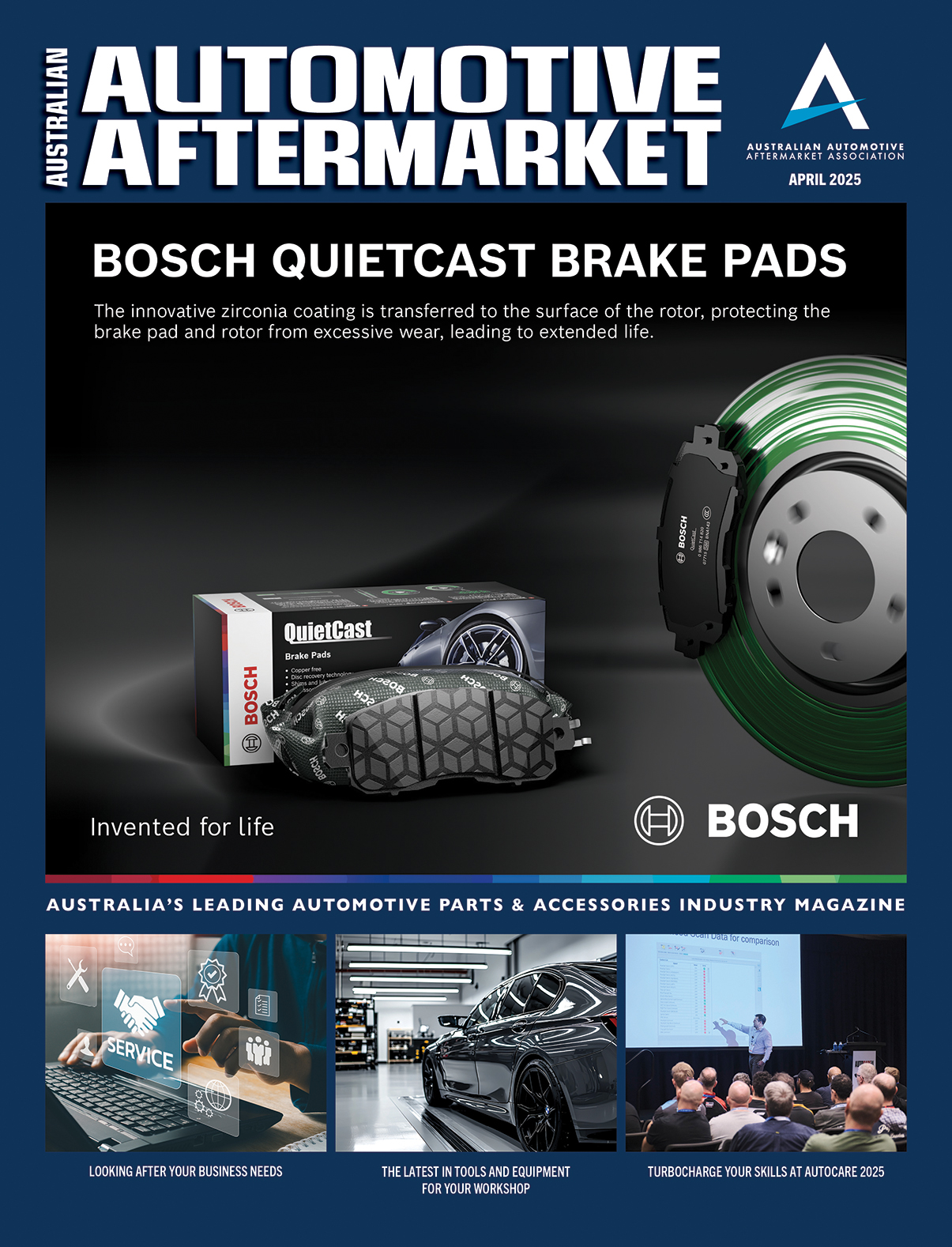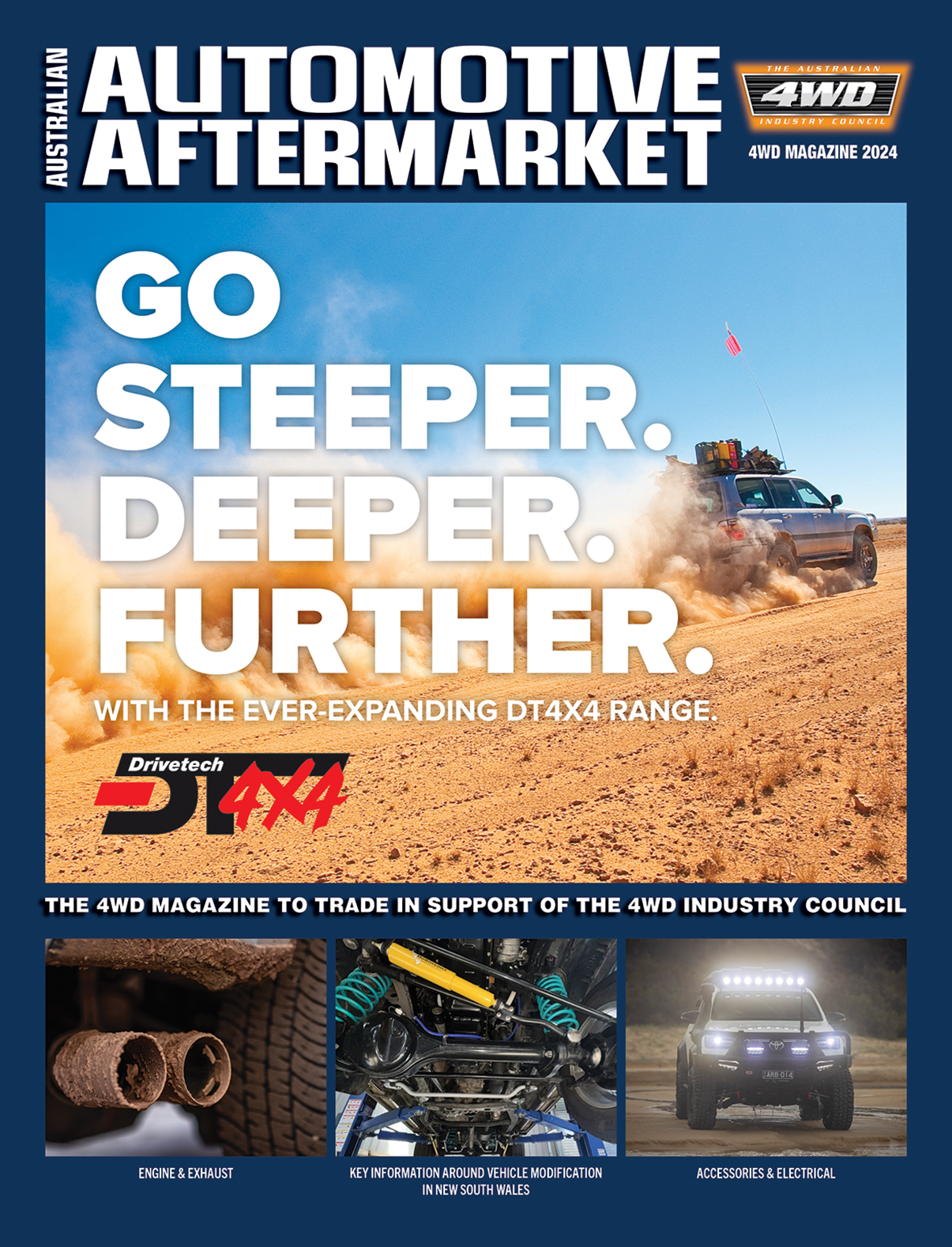WHAT IS THE RIGHT BALANCE FOR EV SERVICE AND REPAIR QUALIFICATIONS?
Late last year the NSW government released a discussion paper suggesting new regulations should be introduced requiring all automotive technicians to undertake further formal EV training to service Electric Vehicles

To be fair this was a discussion paper, not a formal regulatory change document. But what was interesting is that the paper assumed that EV training should be required, that it would be a mandatory prerequisite for EV work, and any training must be delivered by a formal RTO such as the TAFE system.
We normally push back on these ‘one size fits everyone’ mandates. We worry about the consequences of forcing every single New South Wales technician back to TAFE for Cert III training and qualifications.
If it becomes a mandated requirement, then it is going to take a very long time before we are able service any EVs in New South Wales and we are concerned this will have a significant impact on our crippling labour shortages. New South Wales would also be the only state that will prevent independent repairers from servicing EVs without formal extensive training.
This is anything but a straightforward discussion, and we can already see differing views in our industry about the right balance. Clearly everyone wants to see a safe working environment for technicians and EV skills for consumers. Technicians need to be both safe and competent. But should government determine what the training requirement is and should that require extensive Certificate level training or a select group of three to seven units from the EV Qualification?
We have licencing regimes in Western Australia and New South Wales. Whenever the issue of licencing technicians in the other states and territories arises, people often state that electricians and plumbers are licenced and yet anyone can work on a vehicle in most states and territories. It is not an easy discussion to have because licencing can, on one hand, be seen to enhance our standing as professionals but it also introduces a whole lot of regulation and administration costs into our sector.
The sad truth is that where we do have licencing regimes, we see much more policing of the workshops that are licenced versus the operators that simply ignore the law. We don’t see a great deal of enforcement of the unregistered/unlicenced operators. Our experience is that licencing can result in more and more regulation for the good players and the bad actors just keep on going unhindered by any paperwork and qualification pressures.
The licencing scheme in New South Wales seems to get more and more complicated with additional licencing classes being added, all of which require differing qualifications, some of which are not yet offered by the training system. In New South Wales there is a clear policy position that industry provided training is not sufficient and yet in our industry nationwide we see new, innovative and cutting-edge training provided by industry, by formal and informal networks and by international automotive experts.
Regardless of the current state-by-state debates, we have a fundamental question to answer as an industry: do we want government to mandate minimum standards for servicing EVs? And what happens if they don’t?

A good regulatory process always considers the ‘do nothing’ option especially when the industry already has a built-in incentive to ensure the workforce is safe and has the right level of expertise. And that might be the case here: the industry is already compelled to ensure workers are safe and trained through the workplace health and safety regime; the new information sharing scheme requires completion of the safety unit, and the Australian Consumer Law prevents any service provider from offering to supply a service for which they are not qualified to deliver.
Workplace laws require employers to maintain a safe workplace and that means an increased take up of the base qualification AURETH101 – Depower and reinitialise battery electric vehicles. Fortunately, this is also the regulated prerequisite for technicians to register to receive OEM level information under the new Motor Vehicle Service and Repair Information Scheme. Receiving information on software updates, safety recalls and repair information for EVs requires that the Technician has completed that unit (or equivalent) and has uploaded the evidence to the Authority (AASRA).
But is that enough? AURETH101 is now agreed as the right level for safety but should we mandate more for proficiency and competence, or should we assume that we are a professional sector dedicated to knowing what we are doing before accepting EV work? Will our sector gear up without government mandates?
We have confidence in our sector and that’s the initial position that we took with the NSW government, but we certainly acknowledge that this is an ongoing discussion with different points of view.
Should there be mandated training obligations? Is it a full qualification or a bridging course? Should we accept industry delivery in addition to formal RTO delivery to increase supply and broaden the training on offer? What are the base level qualifications that are required? We are likely to be having this conversation for a while, but we may have to hurry up.
EVs make the public service regulators quite nervous, and risk-averse public servants tend to over-regulate. But to be fair, if we don’t have a fixed view, it’s hard for the regulators to act in an informed manner. The regulatory bodies may not know a great deal about the day-to-day servicing of EVs, so it is up to us to bring them along the journey by formulating a policy option that is practical and produces the outcomes we are all looking for.
We need to have that discussion now, providing an evidence-based clear and unified position to the regulators about what we believe is the right policy setting to ensure the ongoing sustainability and viability of an independent repair sector that is safe and qualified to fix the cars of the future.
You can help get the ball rolling by sending your ideas direct to advocacy@aaaa.com.au








